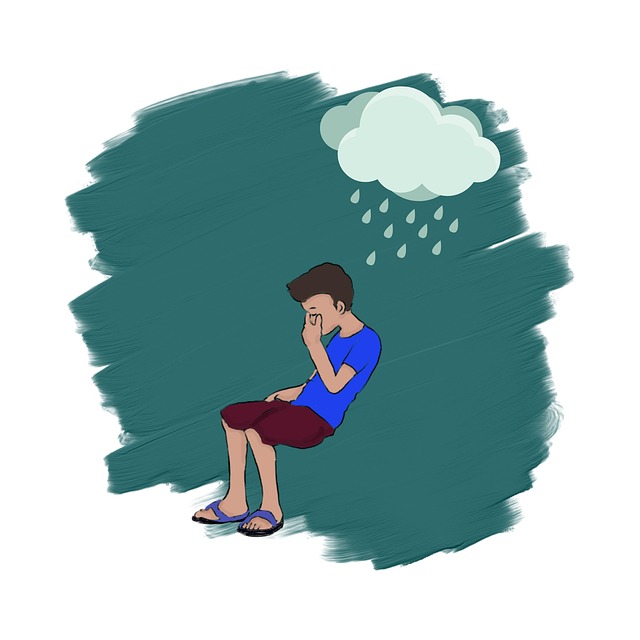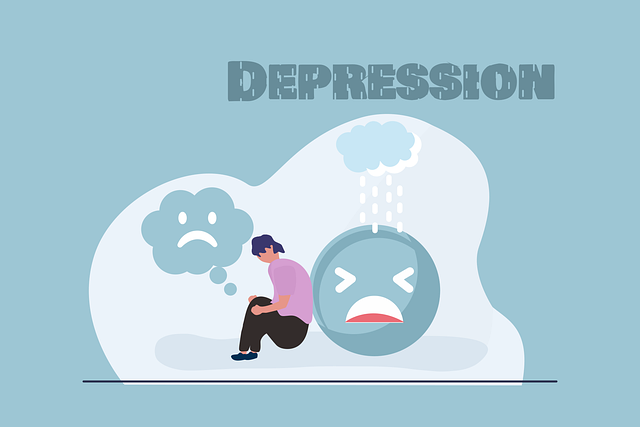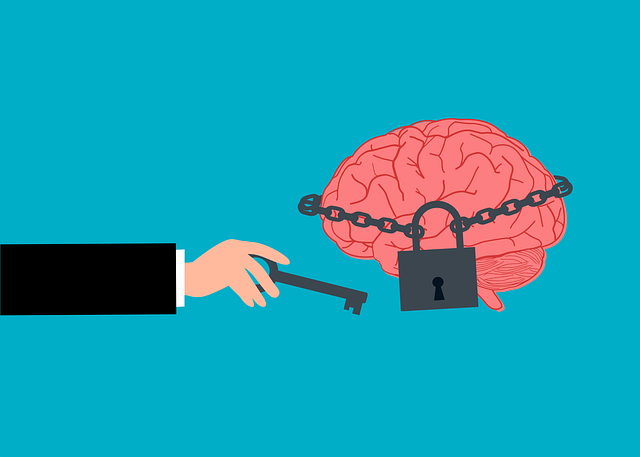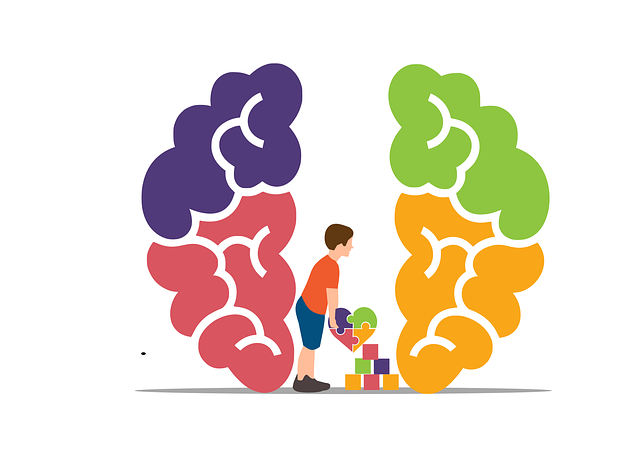Arvada Spanish Speaking Therapy offers specialized social skills training tailored to manage anxiety, depression, and social phobias among Spanish-speaking individuals. This holistic approach integrates language skills, mood management techniques, empathy, and effective communication to improve mental wellness and build connections. Through structured workshops, group therapy, and community activities, the program fosters cultural sensitivity, active listening, and resilience, ultimately empowering participants with coping mechanisms for positive social interactions and a sense of belonging.
Social skills training is a powerful tool for individuals with mental health conditions, offering a path to improved well-being. This comprehensive guide explores the intricate link between social interactions and mental health, delving into specific strategies tailored to diverse needs. From language barriers to building supportive networks, we provide valuable insights. The article also presents case studies showcasing successful programs, including Arvada Spanish Speaking Therapy, demonstrating how targeted interventions can foster meaningful connections and enhance overall mental health outcomes.
- Understanding the Connection Between Social Skills and Mental Health
- The Role of Language in Social Interaction and Overcoming Communication Barriers
- Strategies for Building Social Connections and Enhancing Support Networks
- Case Studies: Successful Social Skills Training Programs for Diverse Conditions
Understanding the Connection Between Social Skills and Mental Health

Social skills training plays a pivotal role in managing mental health conditions, especially for individuals who struggle with anxiety, depression, or social phobias. Understanding the connection between these two aspects is essential in Arvada Spanish-speaking therapy and mental health education programs design. Effective communication, empathy, and social interaction are vital coping skills that can be developed to enhance overall well-being.
The integration of mood management techniques with social skills training empowers individuals to navigate social situations more comfortably. By learning and practicing these skills, people with mental health concerns can improve their ability to build connections, express themselves, and regulate emotions in social settings. This holistic approach, combining therapy, education, and support, is crucial for fostering resilience and a sense of belonging, ultimately contributing to improved mental health outcomes.
The Role of Language in Social Interaction and Overcoming Communication Barriers

Language plays a pivotal role in social interaction, serving as the bridge that connects individuals and fosters meaningful connections. For those with mental health conditions, effective communication can be both a challenge and a powerful tool for recovery. In many cases, individuals struggle with expressing their thoughts and emotions, which can lead to misunderstandings and isolation. This is where specialized therapies like Spanish-speaking therapy in Arvada come into play, offering much-needed support.
Overcoming communication barriers requires a multifaceted approach. Therapists skilled in crisis intervention guidance can help clients navigate social situations by teaching them adaptive language skills. These strategies empower individuals to express themselves clearly, assert their needs, and improve overall mental wellness. Moreover, healthcare providers can benefit from burnout prevention strategies that encourage open dialogue, ensuring patients feel heard and understood. By addressing communication challenges, whether through crisis intervention or everyday interactions, individuals can enhance their social connections and work towards a more fulfilling life.
Strategies for Building Social Connections and Enhancing Support Networks

Building social connections is a vital component of recovery for individuals managing mental health conditions. Social skills training plays a crucial role in helping them navigate interpersonal interactions with confidence and ease. Through structured workshops, individuals can learn essential communication techniques, active listening, and empathy-building skills tailored to their specific needs. Encouraging participation in group therapy sessions, community activities, or social clubs specifically designed for those with mental health challenges fosters a sense of belonging and provides opportunities for meaningful interactions.
At Arvada Spanish Speaking Therapy, we recognize the importance of cultural sensitivity in mental healthcare practice. Our therapists are trained to create inclusive environments that honor diverse backgrounds, including our Spanish-speaking community. By incorporating cultural perspectives into social skills training, we empower individuals to connect with peers from similar backgrounds, share unique experiences, and build robust support networks. This holistic approach not only enhances social well-being but also promotes positive thinking and resilience in managing mental health conditions.
Case Studies: Successful Social Skills Training Programs for Diverse Conditions

Social Skills Training Programs have proven to be instrumental in managing and improving outcomes for various mental health conditions. Case studies illustrate that tailored programs can significantly enhance communication, social interaction, and overall well-being. For instance, Arvada Spanish Speaking Therapy has successfully designed courses that cater to diverse cultural backgrounds, empowering individuals with the confidence to engage in social settings while preserving their linguistic identity.
These programs often incorporate strategies like role-playing, group discussions, and cognitive behavioral techniques to foster inner strength development and mental health awareness. By focusing on emotional healing processes, participants learn coping mechanisms that promote positive social interactions, breaking down barriers and enhancing their ability to connect with others. Such initiatives have been particularly beneficial in diverse communities where cultural sensitivity and language accessibility are paramount.
Social skills training has emerged as a powerful tool in addressing mental health conditions, offering individuals the opportunity to improve their interactions and build supportive networks. As highlighted by various case studies, including successful programs like Arvada Spanish Speaking Therapy, these interventions can significantly enhance overall well-being. By focusing on language, communication barriers, and building connections, individuals equipped with robust social skills are better equipped to navigate challenges and thrive in their personal and professional lives.














